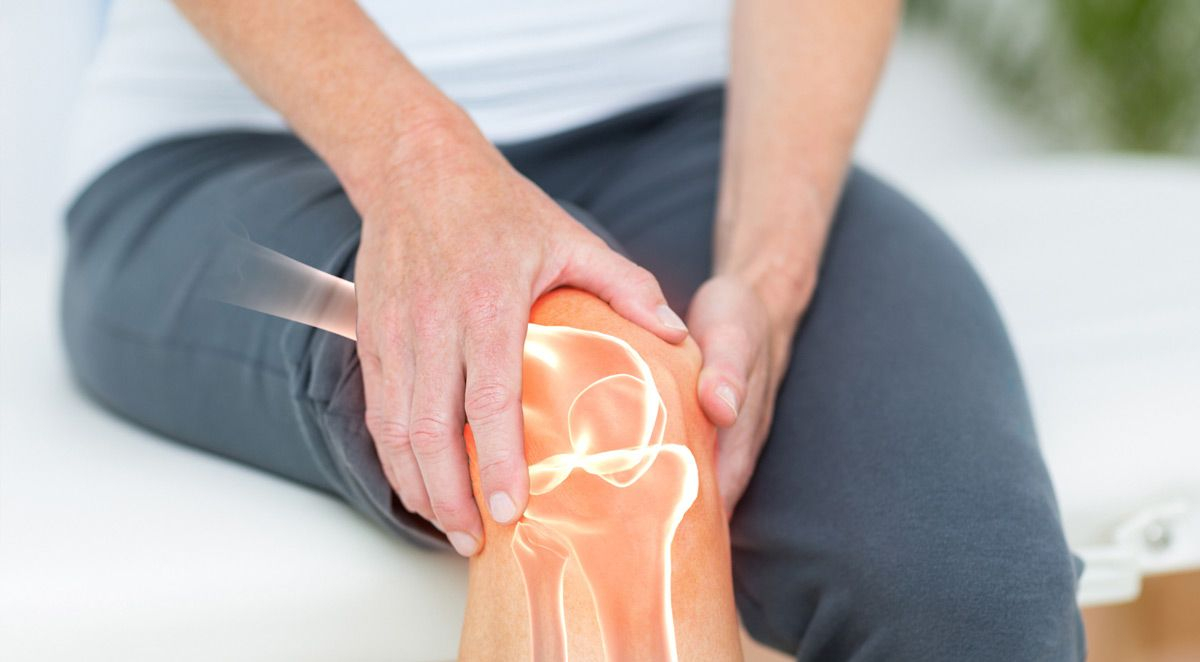

What You Need to Know About Foot Drop and FES Devices
Walking, running, and hiking are a way of life in western North Carolina. Our area is surrounded by thousands of miles of greenways and backcountry trails to explore. Downtown Asheville and surrounding neighborhoods are walkable, with plenty to see and do while you're on foot. However, if you have a condition such as foot drop, you may find this area is challenging.
Here is what you need to know about foot drop and how you can find help.

FAQ about Child Limb Loss or Limb Difference
To a parent, your child is perfect. Nothing can change that. You want everything in their life to be as easy to navigate as possible. We all want our children to have better, easier lives than we had. However, there are some things that are out of our control. One of those is whether or not a child will experience limb loss or limb difference at some point in their life.
If you are the parent of a child who undergoes an amputation or was born with limb difference, we know you have a lot of questions. We will not necessarily be able to answer all of them, but here are a few of the ones we hear most frequently.

How to Enjoy Summer in Asheville with Your Artificial Limb
Asheville is one of the best places in which to live or visit in North Carolina. There is so much to do here it is almost impossible to get experience it all in the season. From hiking and mountain biking to whitewater rafting and fishing, the city is within just a short drive of almost any outdoor activity imaginable. While it gets pretty warm here, we do not experience the same extreme heat as places like Greenville and Charlotte. We also get a break from the sweltering, oppressive humidity associated with the South. When the mercury does climb to uncomfortable levels in the valleys, people in the area know they can go to some of the higher elevation areas or take a dip in one of the cold-water swimming holes. Our area has the highest concentrations of waterfalls, natural swimming areas east of the Mississippi River.

When to Ask My Doctor About a Leg Brace
Spring is in the air in western North Carolina. It has been a long winter here. This winter has been colder, with more winter weather than we have had in several years. The White Christmas was pleasant for most, but after a year of practicing social distancing and being unable to get out and about, the darkness and cold have left Asheville residents with significant cases of cabin fever.